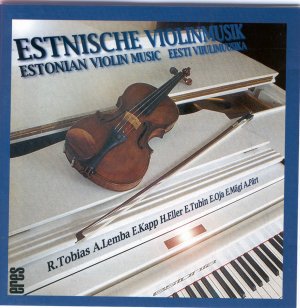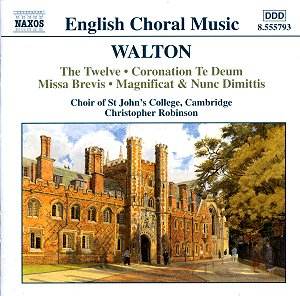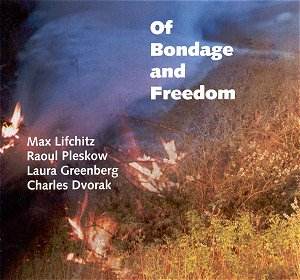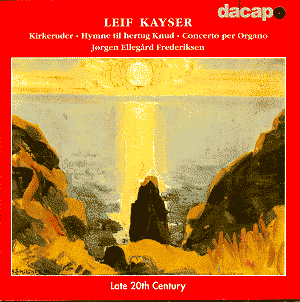 Composer: Various Estonian
Composer: Various Estonian
Works: Through the Night (Rudolf Tobias, 1914), Poème d’Amour (Artur Lemba, 1916), Nocturne (Eugen Kapp, 1927), Allegretto (Heino Eller, 1917), Im Mondschein (Heino Eller, 1918), Abendlied (Heino Eller, 1921), Die Kiefern (Heino Eller, 1929), Aelita’s Suite (Eduard Oja, 1932), Meditation (Eduard Tubin, 1938), Capriccio No. 1 (Eduard Tubin, 1937 rev 1971), Vesper (Ester Mägi, 1990), Der Spiegel im Spiegel (Arvo Pärt, 1978)
Performers: Urmas Vulp (violin), Vardo Rumessen (piano)
Recording: Rec Sept-Oct 1996, House of the Blackheads, Tallinn, Estonia
Label: ERES CD08
The collection of Estonian violin music presented by Urmas Vulp and Vardo Rumessen offers a compelling glimpse into the rich tapestry of 20th-century Estonian composition. This anthology not only showcases the individual voices of composers such as Rudolf Tobias and Arvo Pärt but also reflects the broader historical context of Estonia’s cultural identity during a period marked by political turbulence and artistic exploration. The selection spans nearly three decades, capturing the evolution of Estonian musical language from the late Romantic influences of Tobias and Lemba through to the minimalist contemplations of Pärt.
Vulp’s interpretation is marked by a keen understanding of the emotional nuances embedded in these works. His tone, while not as polished as that of Viktoria Mullova, possesses a distinctive humanity that resonates with the folk roots of Estonian music. For instance, the elusive gravitas of Tobias’s “Through the Night” is rendered with a sensitivity that invites listeners into a world of introspection. Vulp navigates the piece’s melancholic lines with an understated intensity, eschewing the more flamboyant tendencies that might overshadow its depth.
Rumessen, a stalwart of Estonian piano music, complements Vulp’s violin with a rich harmonic palette. His playing in Lemba’s “Poème d’Amour” exemplifies this partnership; the piano’s lush textures intertwine seamlessly with the violin’s voice, echoing the ardor of Brahms while maintaining an enigmatic serenity. The engineering of the recording, done in the intimate acoustics of the House of the Blackheads, allows for a close and personal listening experience, though one might still yearn for a slightly warmer resonance to further enhance the piano’s tonal richness.
The program continues with Kapp’s “Nocturne,” which showcases a fluid lyricism reminiscent of Delius. Here, Vulp’s ability to sustain long, sinuous phrases captures the piece’s lunar qualities effectively, even if at times the tonal clarity can be compromised by a more reedy timbre. Eller’s “Abendlied” features intricate double-stopping that pays homage to Tobias while drawing on the lush harmonies of Dvorak, yet Vulp’s approach does not shy away from the contemporary, weaving in a subtle nod to the folkloric elements inherent in the music.
Oja’s “Aelita’s Suite,” a delightful homage to sci-fi literature, bursts with character as Vulp exploits the violin’s capacity for dramatic flair. The contrasting movements—particularly the “Ancient Song”—recall Szymanowski’s ethereal language, and Vulp’s interpretation here is both evocative and haunting. The final contribution, Pärt’s “Der Spiegel im Spiegel,” closes the disc with a meditative simplicity that reflects the composer’s minimalist ethos, yet Vulp and Rumessen manage to imbue it with a sense of profound introspection.
While the disc’s overall duration may leave one desiring additional works—perhaps further explorations of Oja or Aav—the selection offered is both coherent and illuminating. Vulp and Rumessen’s interpretations serve not only as a tribute to the Estonian canon but as a bridge connecting the listener to the emotional landscape of the region’s musical heritage. The recording stands as a vital resource for anyone interested in the intersection of folk influences and classical forms in 20th-century music, establishing a rich narrative that honors both the past and the present of Estonian composition.


